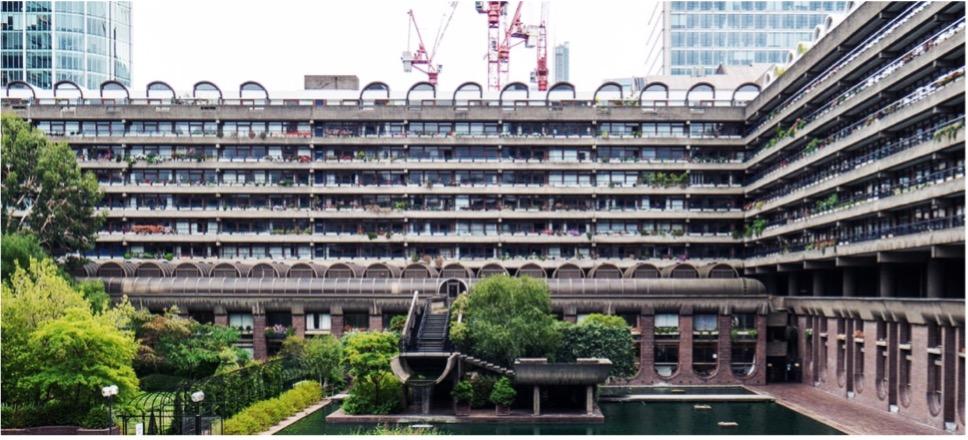U D 384M / ARC 327R / 386M
Tues 2:00 – 5:00pm, WMB 6.126
Open to all ARC students, all ARI students, LAR students, U D students, Architecture Studies minors, Interior Design minors, and Landscape Design minors
Liang Wang: liang.wang@utexas.edu
How can we reimagine collective life at the scale of the superblock today? This research seminar explores the intersections of superblock urbanism, housing design, and collective imaginaries—asking how architecture can shape new forms of community and urban life. Through key projects and seminal texts spanning geographies and histories, students will critically examine how the superblock has framed modern and contemporary housing, urban transformation, and visions of the collective.
The course has three main objectives: first, to analyze the concept of housing through critical lenses such as typology, morphology, and socio-political practices; second, to establish an essential understanding of the relationship between the superblock and the city by examining their architectures and narratives across diverse socio-cultural contexts; and third, to re-engage with housing and the superblock as a cultural and political project of the city, imagining alternative forms, representations, and epistemologies. We will draw from modern and contemporary precedents—from Vienna to Casablanca, Chicago to Mexico City, Brasília to Shanghai—to explore key ideas such as scale and representation, urban form and type, ideology and everydayness, and utopia and imagination. “Housing as typology” will be foregrounded as one of the richest representations of the city—its history, culture, and imaginaries. The notion of “housing as collective,” constituting multiple forms of existence and mediating between individuals and the city, as well as between conditions of publicness and domesticity, will also be carefully studied. Students will also engage with contemporary designers and theorists in rethinking housing and collective urban form today.
As a research-based seminar, the class will equally invest in history (through reading and discussion), research (through case studies and analysis), and reinterpretation (through representations and narratives). Classes combine short lectures, discussions, and collaborative work sessions. Over the course of the semester, each student will take on one historical or contemporary “super-housing” precedent and deconstruct it through analytical drawings and critical narratives. As a class, the constellations of the “super-housing” studies will be curated into a collective exhibition by the end of the term.

